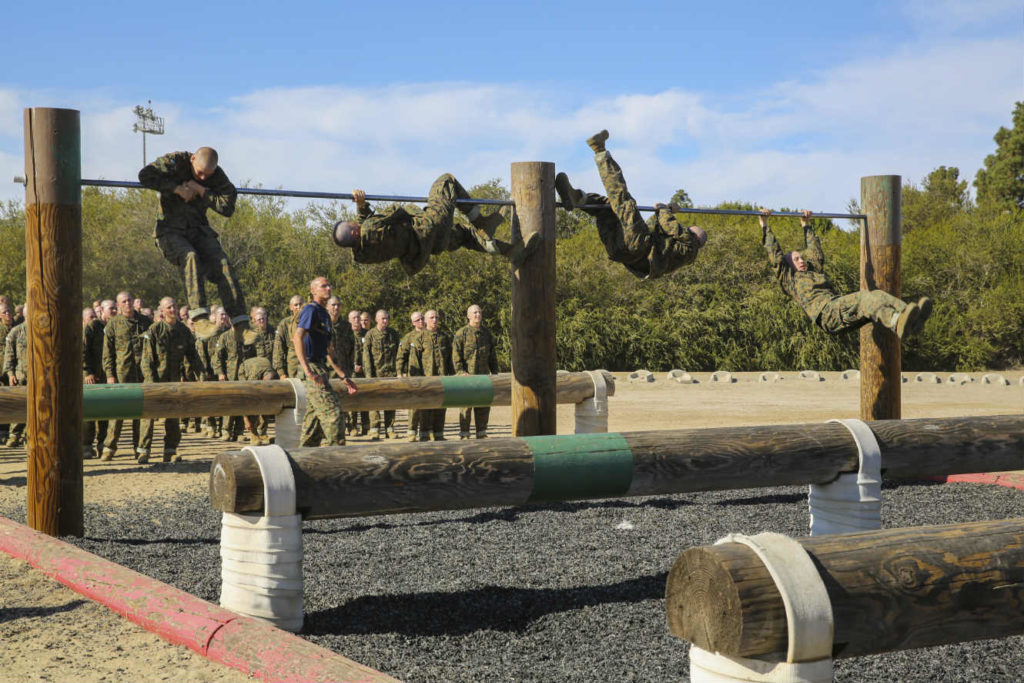Jumpstarting the Force of the Future

Secretary of Defense Ash Carter’s latest tranche of Force of the Future (FOTF) initiatives are remarkable not simply for their substance — with top-line proposals offering “common sense improvements” for managing the careers of both the uniformed military and Department of Defense civilians — but also for a shift in rollout strategy. While ambitious, this particular set of recommendations balances the tension between the unique demands of preserving a profession of arms and modernizing the system. Equally important, the speech made clear that the Pentagon is engaging in consensus building and reconciliation towards the Congressional and military leaders who will be essential in translating these efforts into reality.
The previous two FOTF rollouts failed to elicit the desired reaction, with strong critiques from some in Congress that the recommendations were simply “solutions in search of a problem.” Objections from senior military leaders focused on the tension between the “good idea fairy” and readiness in an era of declining budgets and cuts to end strength. Yesterday’s delivery tacitly addressed these concerns and signaled a new way forward. As Carter gave a speech in the Pentagon courtyard, he was joined on stage by several of the service secretaries and joint chiefs. There, he placed continued emphasis on cooperating with Congress in the development and implementation of the recommendations.
Substantively, Carter’s proposed reforms are focused on ensuring a flow of talent into our national defense institutions. Most prominently, Carter is attempting to balance the benefits of the “up-or-out” system. The newly proposed lineal system — currently in use by the Navy —moves beyond simple year group management currently in effect under the Defense Officer Personnel Management Act (DOPMA) to allow more flexibility for merit-based promotion. This will allow individuals with non-traditional military career paths to avoid penalization by a system driven more by calendar than performance. This flexibility also helps the services address a key problem: building the requisite intellectual capital for current and future wars.
With respect to defense civilian reform, Carter wants the department to have the capability to more easily hire top-notch students and recent graduates — which will likely elicit jubilant cheers from anyone who has ever attempted to apply for a position through USAJOBs. However, this doesn’t account for the fact that actual openings are few and far between, as evidenced by the current hiring freeze.
Some of the latest initiatives are likely to face an uphill battle, particularly in Congress. Those recommendations requiring significant investment, such as the recommendation for paid maternity and paternity leave for DOD civilians (something their military counterparts already receive), may be a hard sell to a Congress incapable of passing a budget. Further, the request for open-ended authorization flexibility for the services to waive select DOPMA restraints may find antibodies among oversight-minded legislators. But there is also ample opportunity for Carter and Congress to engage in a dialogue — particularly in a year where the Armed Services committees are enthusiastic about reform. The noticeable shift in the Secretary’s rhetoric provides a glimmer of hope that the Force of the Future initiatives still have a fighting chance.
While Carter’s efforts appear designed to reconcile objections from both the Hill and the military services themselves, the announcement is coming late in the game for an outgoing administration and fails to truly address the underlying question — is there a problem that needs to be fixed? Many of these reforms failed to make it into NDAA language, and the onus for much of the implementation lies squarely in the hands of legislators who have expressed not only a lack of confidence in the Pentagon leadership, but in the ideas underpinning the reforms themselves.
Katherine Kidder is the Bacevich Fellow at the Center for a New American Security with the Military, Veterans, and Society program, and a doctoral candidate in Security Studies at Kansas State University.
Amy Schafer is the Research Assistant in the Military, Veterans, and Society program at the Center for a New American Security.
Image: U.S. Marine Corps, Sgt. Benjamin E. Woodle

